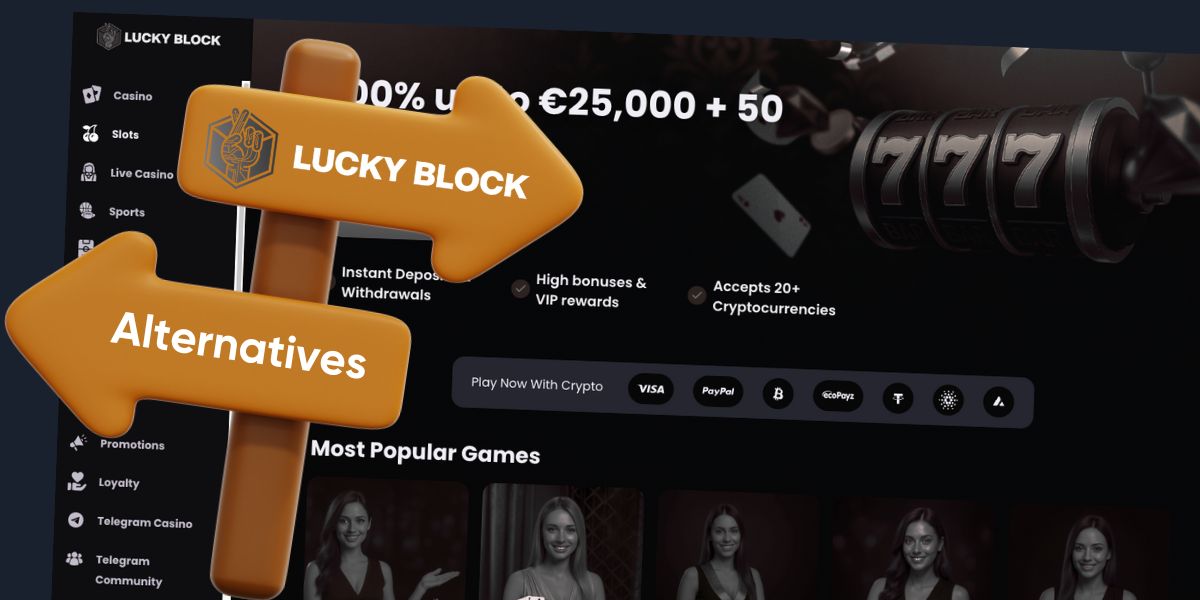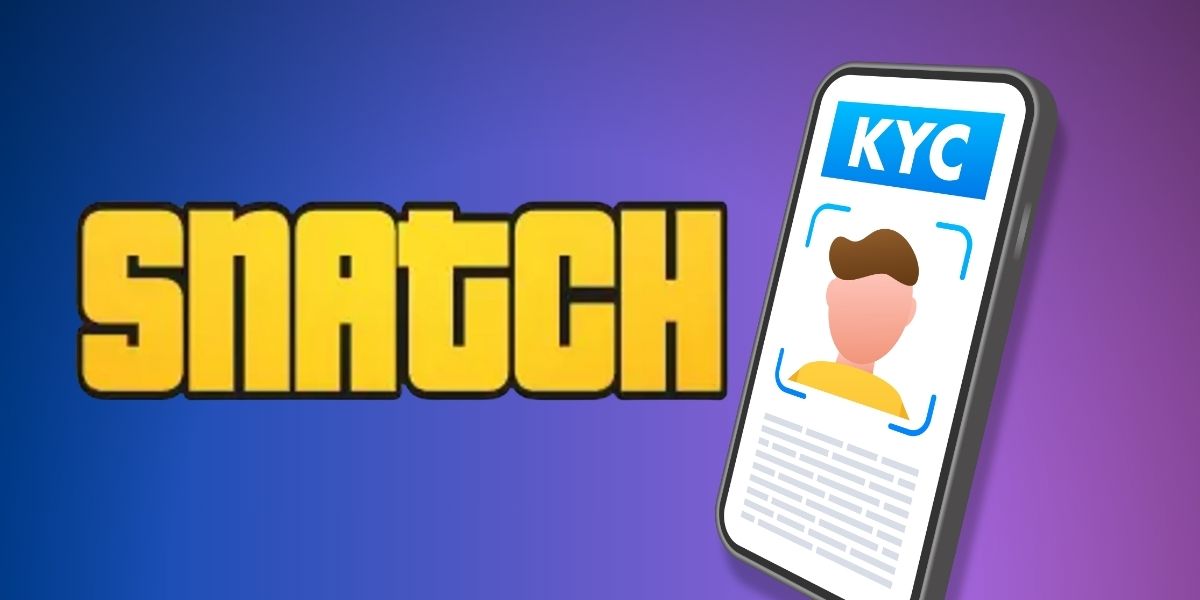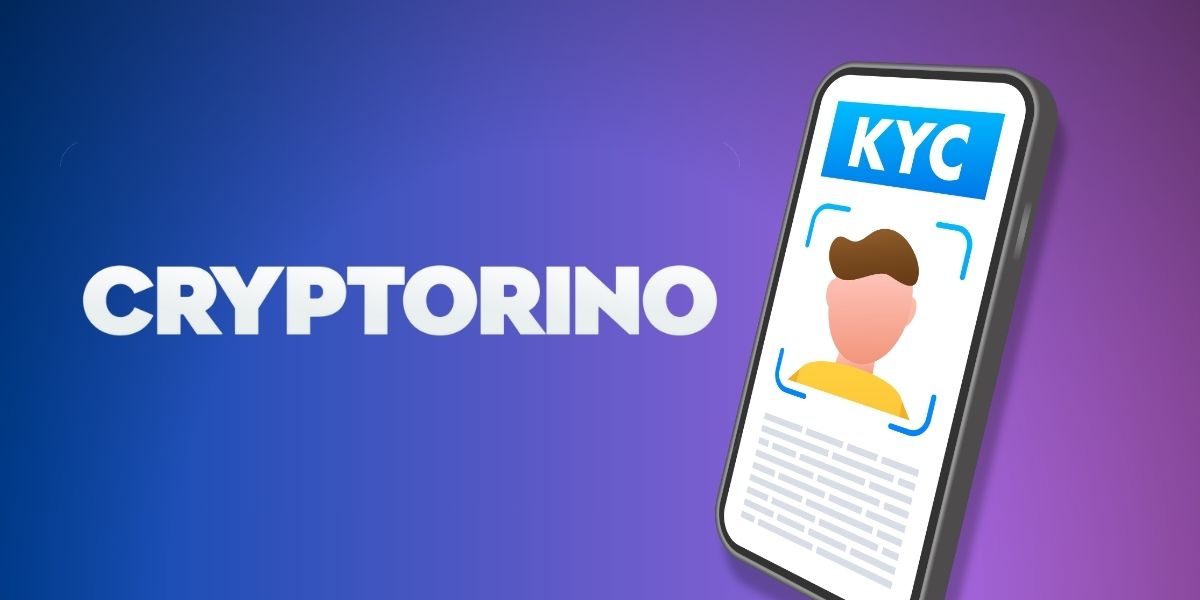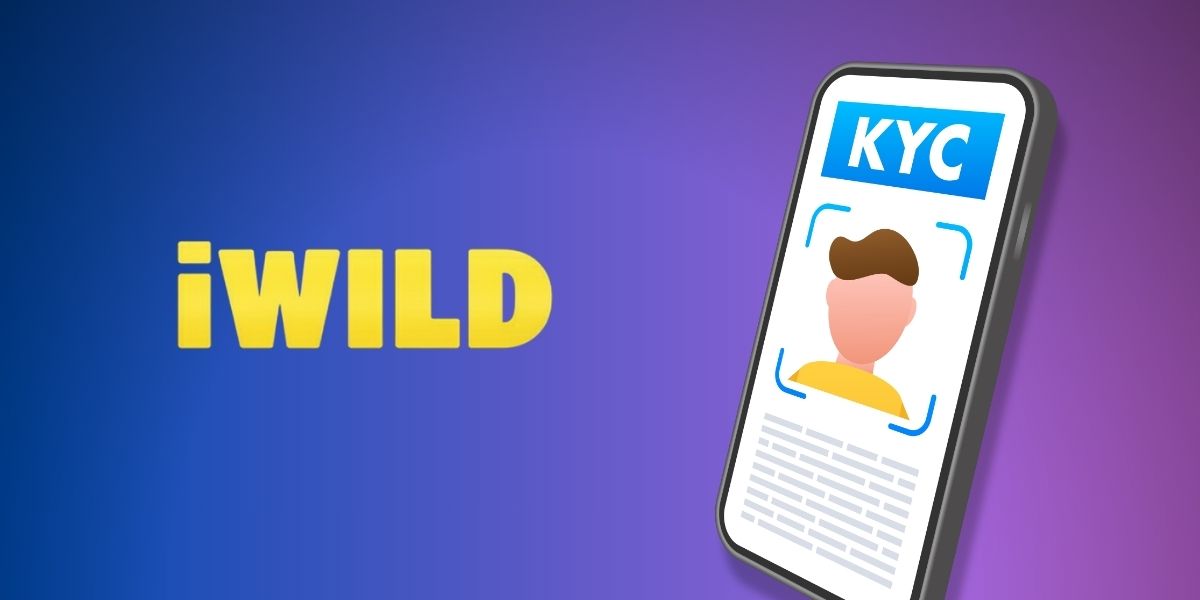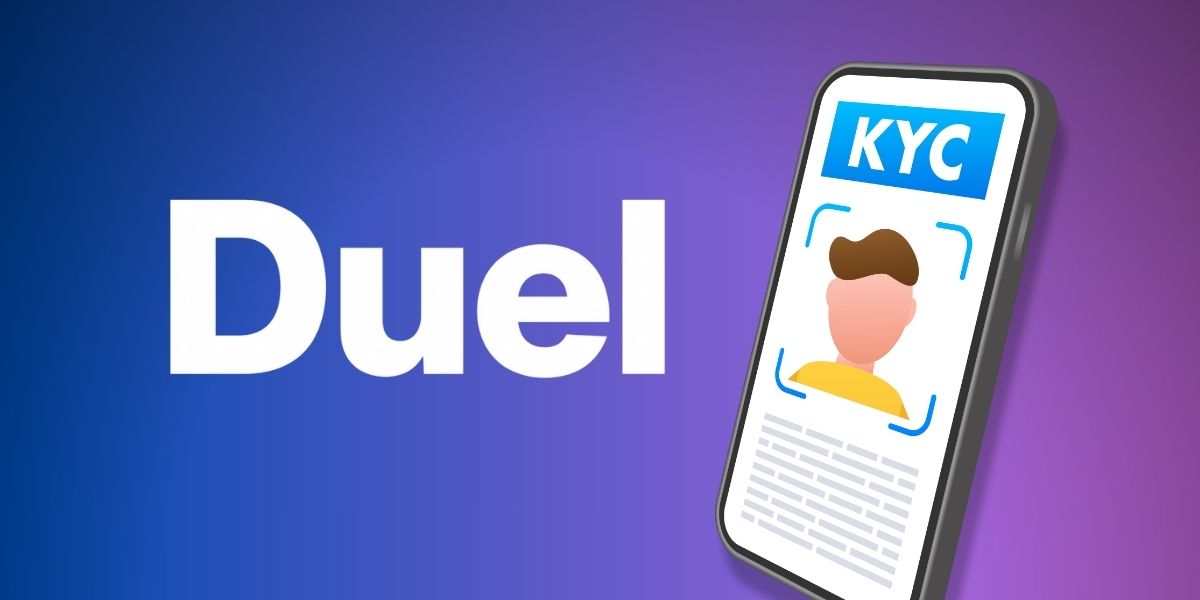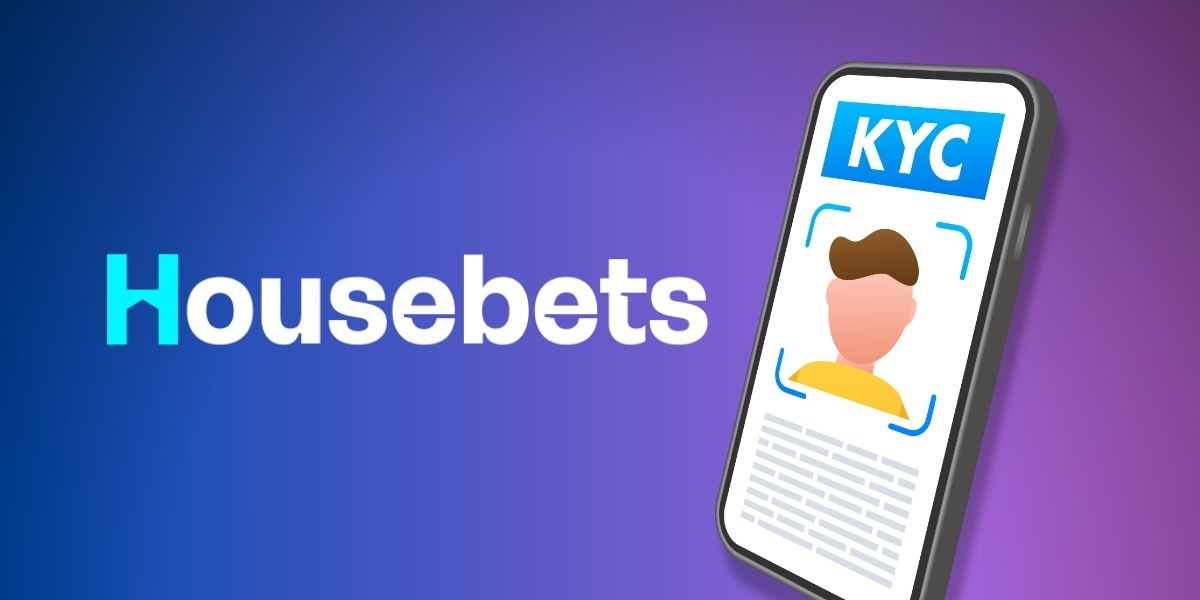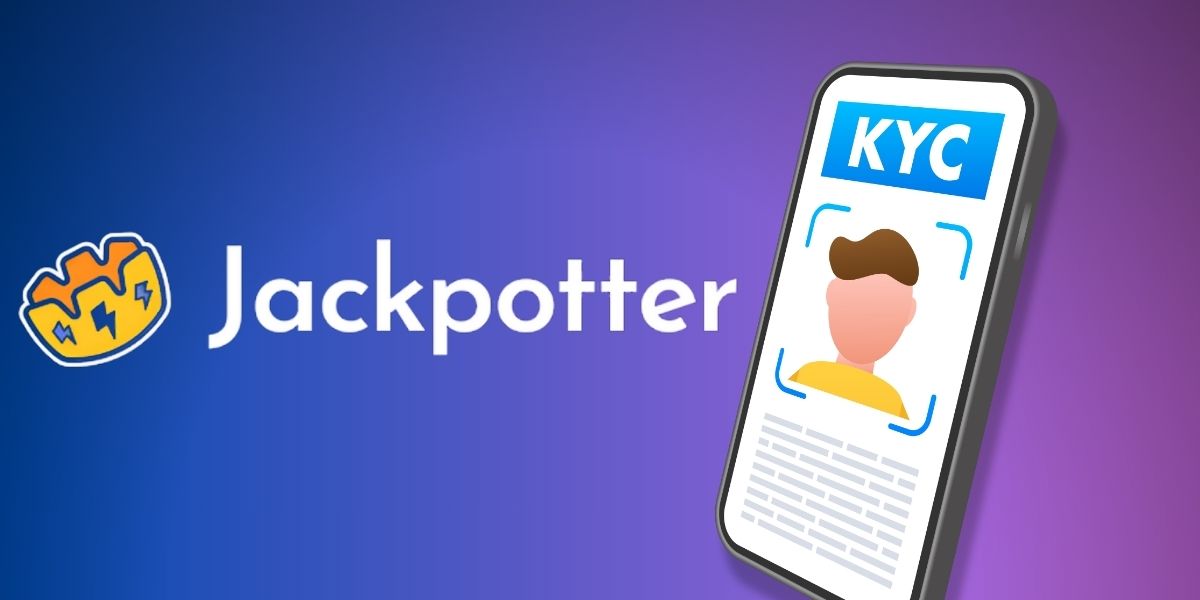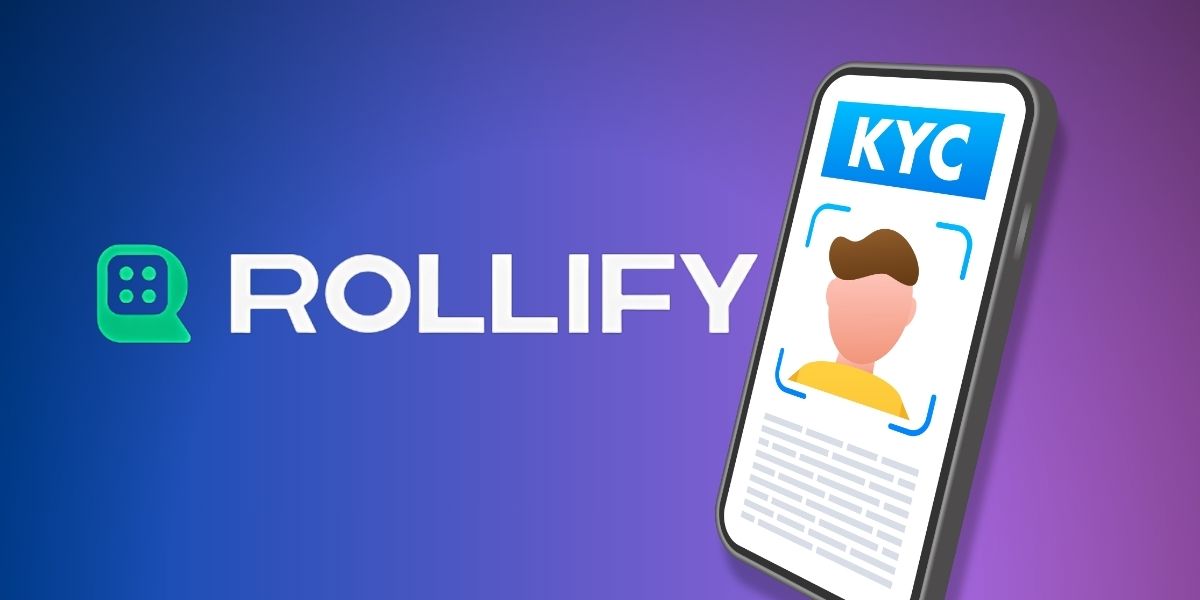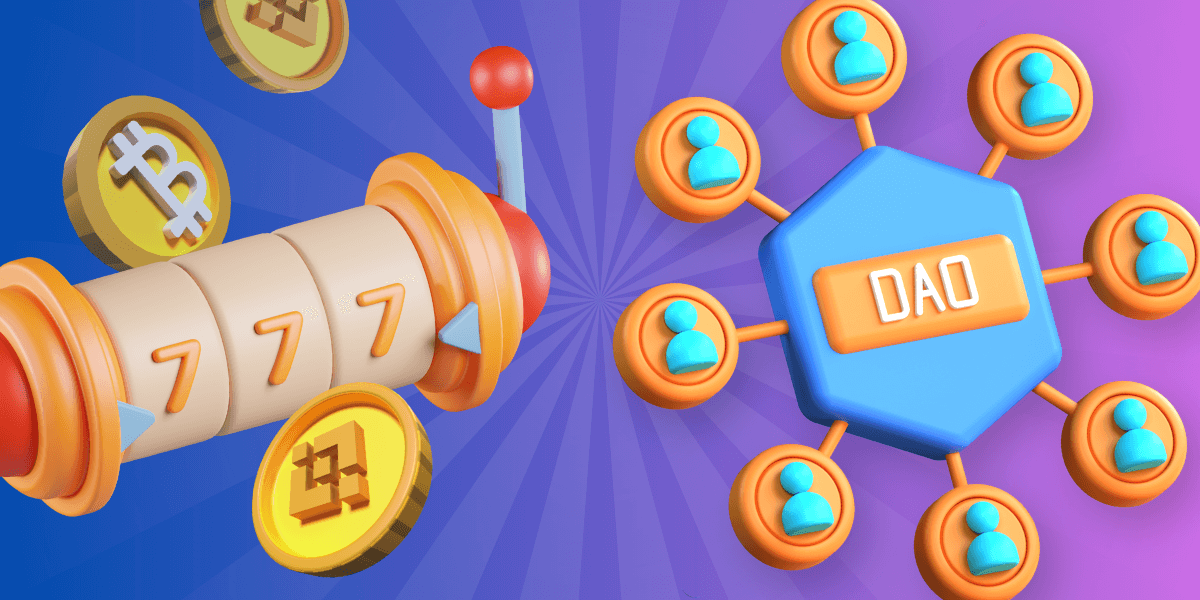
DAOs in crypto casinos: Can you really influence casino decisions?
Crypto casinos are always evolving, and one buzzworthy innovation is the introduction of DAOs – Decentralized Autonomous Organizations.
You might have heard whispers of this: a system that promises to put decision-making power directly into your hands as a player.
But let’s pause for a second. Does this really mean you can shape the way a casino operates? Or is it just another shiny trend to draw in crypto enthusiasts?
I’ll explain.
🔑 Key takeaways
- DAOs in crypto casinos let players vote on decisions with governance tokens.
- They promise transparency, community engagement, and player-driven changes.
- Token-rich users can hold most of the power, limiting others’ influence.
- Many early DAO casinos failed to deliver on their promises.
- DAOs have potential, but need better execution to succeed
What are DAOs?
Casino DAOs are decentralized, community-governed gambling platforms where token holders vote on decisions like games, odds, revenue distribution, and platform rules instead of relying on a centralized casino operator.
In a traditional sense, you can think of DAOs as a digital co-op where everyone with a say owns a piece of the pie.
In crypto casinos, DAOs supposedly give you and other players a voice.
The few platforms experimenting with this model, like TrustBet, claim that players can vote on important casino decisions.
By holding crypto utility tokens, think of these as voting chips – you get to propose changes, approve or reject new features, and theoretically steer the ship.
Sounds like a dream for user empowerment, doesn’t it?
But here’s where the plot thickens: does this system genuinely deliver on its promise, or is it all glitz with little substance?
The promised benefits of casino DAOs
So, what benefits do casino DAOs claim to offer?
- Increased transparency: In theory, a DAO-powered casino is like an open book. Every vote, every decision, every transaction is recorded on the blockchain for all to see. For you as a player, this means you’re no longer left wondering whether the house has a hidden agenda or if your votes even count. It’s a transparency dream come true, or so they say.
- Player-driven changes: Have you ever wished for more worthwhile bonuses, changes to withdrawal limits, or new features? DAO-based platforms supposedly give you a platform (pun intended) to push for these changes. Ideally, you can raise proposals and, if there’s enough support, watch them become reality.
- Community engagement: The idea of building a community where you’re not just another player, but a decision-maker, is incredibly appealing. The camaraderie, the shared goals, the feeling that you’re part of something bigger – that’s why DAOs, when implemented well, resonate with many users.
Case study: TrustBet on chain
As I mentioned earlier, TrustBet On-Chain is an emerging example of the DAO-driven casino model. Its goal is to give its community decision-making power.
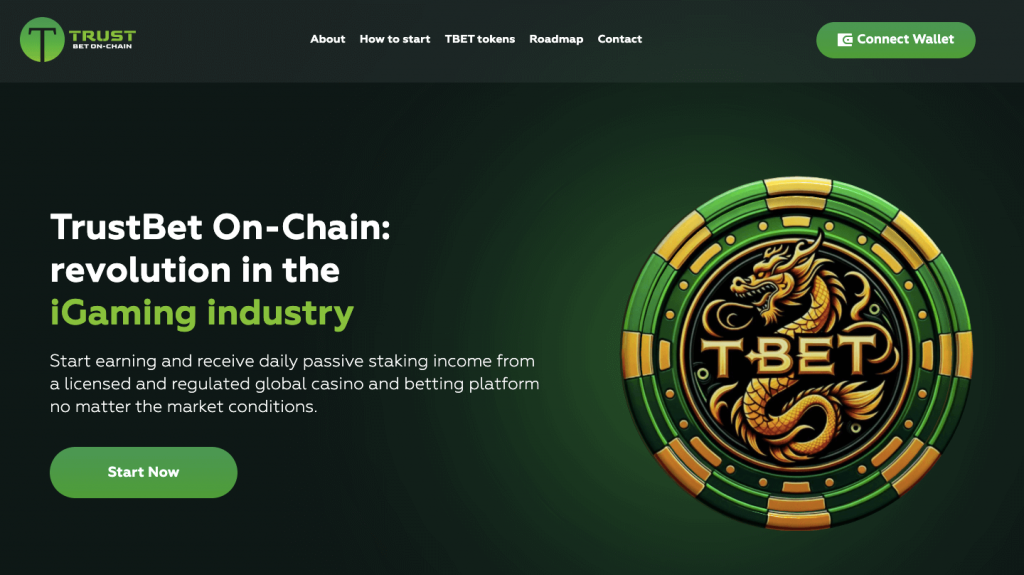
Built on the Solana blockchain, TrustBet will allow TBET token holders to vote on key platform changes and earn passive income from 50% of the casino’s profits.
Smart contracts will ensure transparency and immediate payouts. So far so good, right?
On the other hand, I noticed some delays in TrustBet’s roadmap… The project hasn’t managed to stay on schedule:
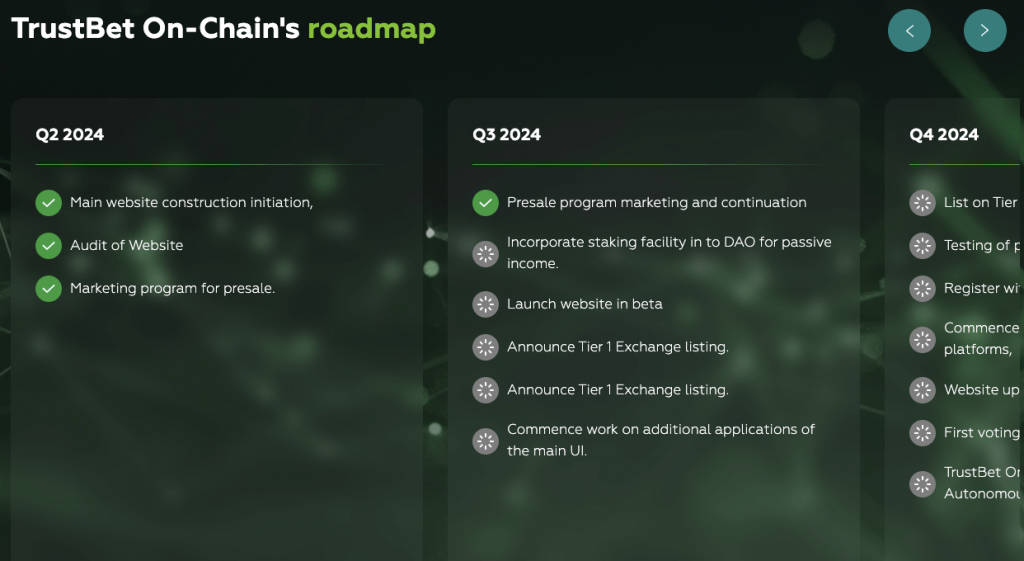
Whether TrustBet can deliver on its vision remains to be seen.
Crypto casino DAOs: Challenges
While the DAO dream sounds great, real-world implementation definitely has its hurdles. These include:
Token distribution and powerdynamics
Here’s the thing: not all crypto gambling tokens hold the same value. Just like in other areas of life, money (or tokens) talks.If a handful of high rollers hold most of the governance tokens, they wield disproportionate power.
Your vote might not carry much weight if a small group has already decided the outcome. It’s democracy in theory, but oligarchy in practice.
Complexity
Navigating a DAO can be tricky, especially if you’re new to the space. Proposing changes, participating in governance votes, and even acquiring governance tokens can feel like a schlep.
This complexity might deter some players who simply want to enjoy a fuss-free gambling experience. In other words, it’s a niche space.
Limited real influence
This is a biggie: do player votes actually change anything?
In some cases, casinos may cherry-pick which proposals to bring forward or restrict voting to trivial changes. If you’ve ever voted in a DAO-based casino and felt your input was purely ceremonial, you’re probably not alone.
Are DAOs worth the hype (in crypto casinos)?
When DAOs first emerged, they promised to revolutionize governance, and the excitement quickly spread to crypto casinos.
Edgeless was one of the casinos that jumped on the DAO bandwagon. However, despite its early ambitions, the platform is now defunct.
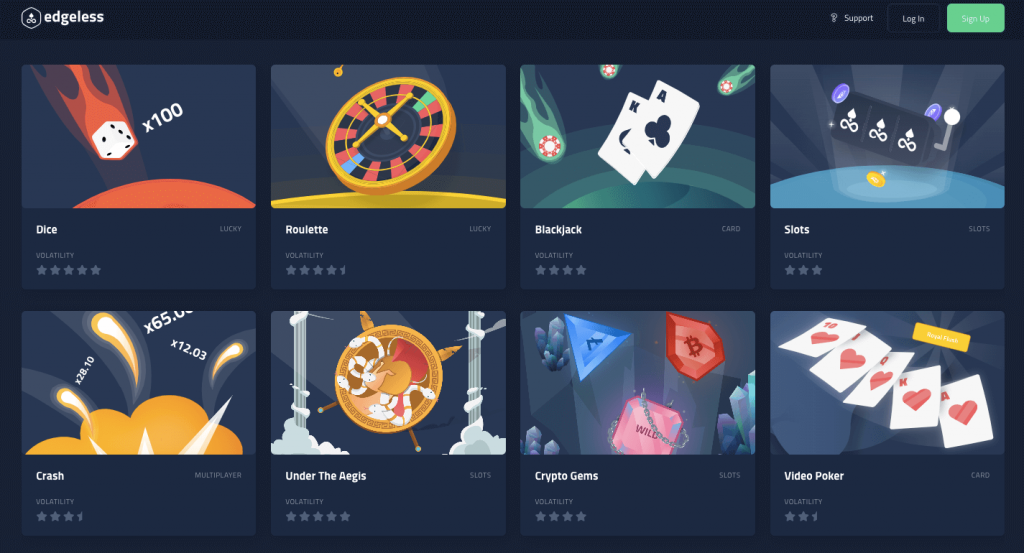
Similarly, Earnbet made waves by marketing itself as a decentralized casino owned by its users.
What happened to them? Well, they also shut down.
The reality is that many of these early adopters failed to deliver on the grand promises of DAOs, leaving us players with questions about our actual influence.
As Jon Allen, Co-founder of Game7, puts it:
This insight came from an interesting article on the state of web3 DAOs in 2024, and it cuts to the heart of the issue:
DAOs can struggle with efficiency and product development, but thrive in areas where community input and discussions are key.
The weird thing? It’s still relevant in 2026.
While player-driven governance remains a powerful idea, its execution clearly needs a more thoughtful approach to succeed.
The verdict
So, do DAOs in crypto casinos genuinely empower you? The answer depends on the platform, your engagement, and whether those in power are prepared to give up control.
In some cases, DAOs can be a powerful tool for user-driven change. TrustBet, for example, looks pretty promising.
In others, like Edgeless and Earnbet, they might serve as a marketing tactic to create hype and encourage token sales. But eventually? Their end was pretty similar.

